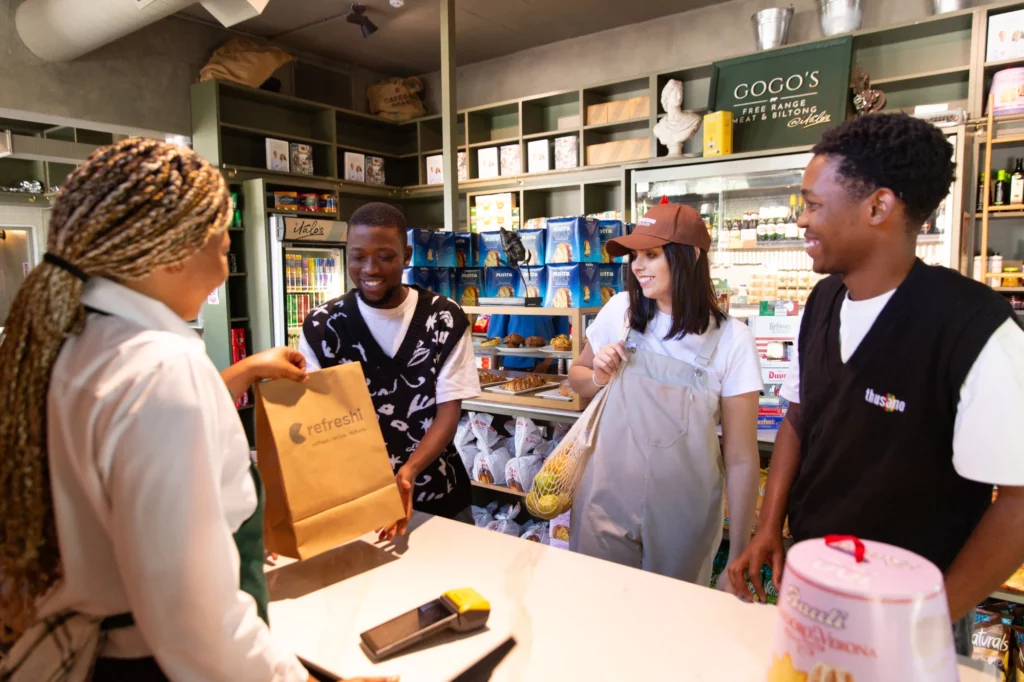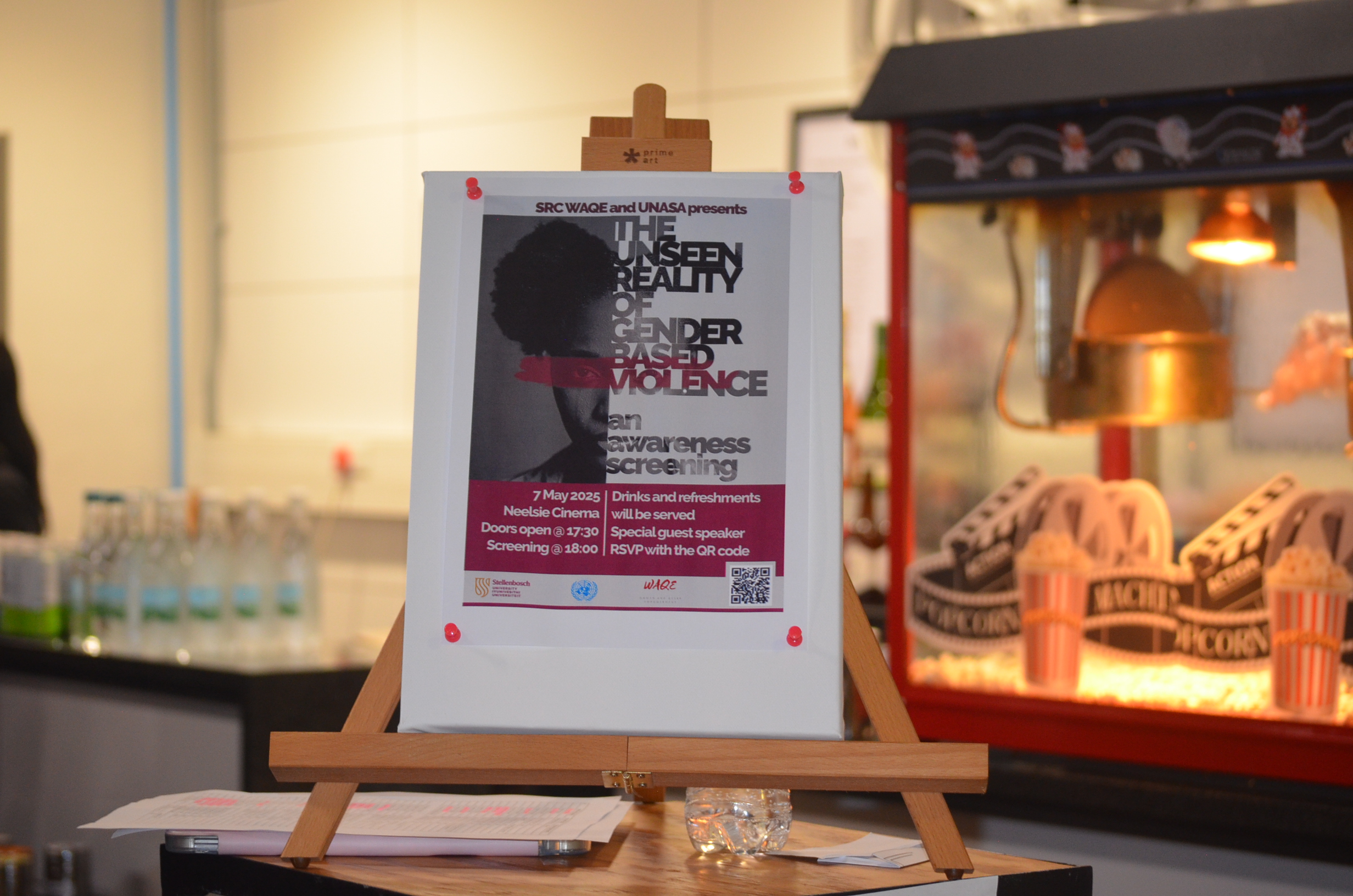BY KARLA VAN DER MERWE
Wisaarkhu is a recently established magazine on the psychology of abstract mathematics founded by Dr Sophie Marques, a lecturer at Stellenbosch University’s Department of Mathematics.
On the magazine’s website, Marques defines the aim of Wisaarkhu as a way to bring mathematics and psychology together to make the subject present in a more accessible manner to students and reduce some of the anxiety surrounding it.
According to Marques the idea started when she was wondering how much of what she taught her students in class helped them in their pursuit of fulfilling their future goals in life.
“I got a bit sad about the idea that the answer was probably not much. So, I started to add life tips to my classes but also tips on time management, stress management, study ideas. But it was not enough,” Marques explains,
It was then that she started looking into how solving maths equations equipped students with necessary life skills, and pointed these skills out to students. To increase her impact on students, Marques decided to look how she could incorporate psychology into mathematics or find a link between the two fields to make mathematics appear warmer and more human to students.
With the help and support of her colleagues, prof. Zurab Janelidze, and prof. Ingrid Rewitzky, now the editor in chief of the magazine, Marques set up interdisciplinary discussions, starting in 2019. Initially it was only psychologists and mathematicians involved, but eventually individuals from other fields such as history, philosophy, physics, education and teaching also joined the conversations. Marques, however, wanted to create something more permanent through these discussions. Janelidze suggested creating the magazine and, again with the help of Rewitzky and another colleague, Wiida Fourie-Basson, now the managing editor of the magazine, Wisaarkhu was created.
Laylaa Motala, a second year Mechatronic Engineering student who is involved in the marketing of Wisaarkhu, describes it as a space where people can read up on new methods of understanding mathematics as well as share experiences on overcoming hurdles regarding the subject.
“It is a magazine for inspiring, for creating awareness, for sharing experiences, for communicating, for connecting, and for reflecting. It is not a research journal,” Rewitzky explains.
Tshogofatso Brigette Lope, a second year Chemical Engineering student who writes for the magazine, got involved with Wisaarkhu after attending these discussions. She saw it as an opportunity to learn the importance of collaboration.
“This was an opportunity for me to learn from others and to understand how I define certain concepts in mathematics and how this affects the way I learn mathematics. And because there were lecturers, educators, psychologists, and students, I saw this as an opportunity to learn more and broaden my knowledge,” Lope explains.
Lope mentions the biggest benefit of the magazine is that readers can learn that challenges are not there to break them, but are there to challenge them so that they can improve in their mathematics as well as other subjects that pose challenges.
According to Marques, the way Wisaarkhu is reviewed is what makes it unique.
“We have 4 reviewers per column,” she explains, “The difference is that they do not review to accept or refuse a column but to help the contributor to get their voice heard if they want to.”
This way contributors are helped to improve upon their pieces through the help of experts on the diverse team that runs Wisaarkhu. Contributions to the magazine can be made in almost any shape or form. Anything from poetry to art to a small column wherein you discuss anything mathematics related can be submitted. Illustrations and comics, videos as well as mathematics related memes as well can be found on the magazine’s social media as a way to reach a broader audience.
The submissions go through an editorial committee in order to decide which will make it into the next volume. To get involved with the magazine, send in submissions through the contact page on the Wisaarkhu website (https://wisaarkhu.co.za/) or email it to wisaarkhu@gmail.com. You can also go take a look at their Instagram page (@psymaths). There will also be virtual discussions taking place online and the information for those are also up on the Wisaarkhu website along with some contributions on topics regarding COVID-19.



